“Don’t let your anger get the best of you.”
This was the title and theme behind a weekly, Saturday morning workshop that hoists a hybrid of an English as a second language (ESL) and General Education Development (GED) class for foreign students and members of the community.
This University program was made possible by a grant from Dr. Alina Camacho-Gingerich, Chair of The Committee on Latin American and Caribbean Studies (CLACS)
Dr. Rafael Javier, a psychology professor at the University, has worked in these workshops for about 30 years.
“I believe it’s important because it makes you live your life better” said Dr. Javier.
“It is a personal development to handle challenges.”
“It is okay to be angry sometimes but when people run away from their problems it becomes more and more difficult to treat them,” said Dr. Javier.
The workshop allows participants to identify stressful situations, identify how they cope with them and understand when anger becomes a problem.
It is divided into a psychology and sociology course that lasts for a couple weeks.
Gerry Lifrieri, a returning student who graduated years ago from St. John’s with a BA in Business Management, believes students get a lot out of the classes.
He believes that these classes are a fantastic idea and opportunity for the community because they weave the workshops into immigration, which relates to the ESL students.
“I like being able to sit in on a sociology lecture” said Lifrieri.
“CLACS has done some really great workshops that give people great exposure to these classes and a great University.”
Participants were able to ask questions, and interact with each other and the professor to talk about what was being discussed.
During the workshop, ESL students were able to discuss stressful issues that came up in trying to assimilate to a new language and culture.













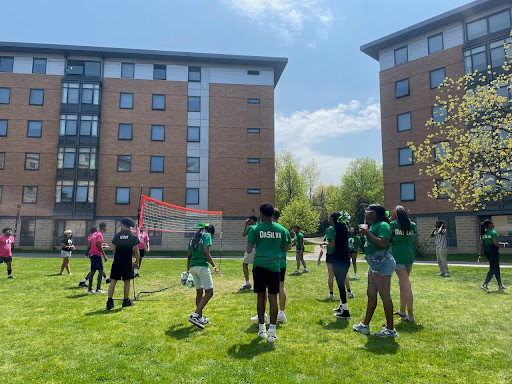
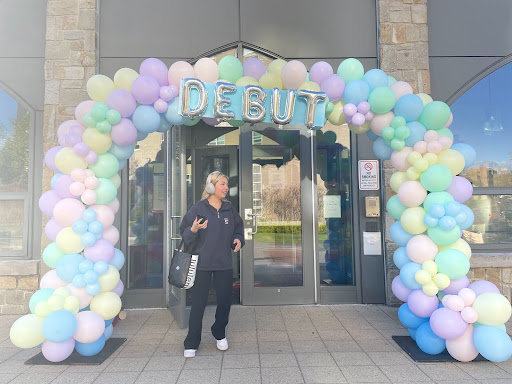
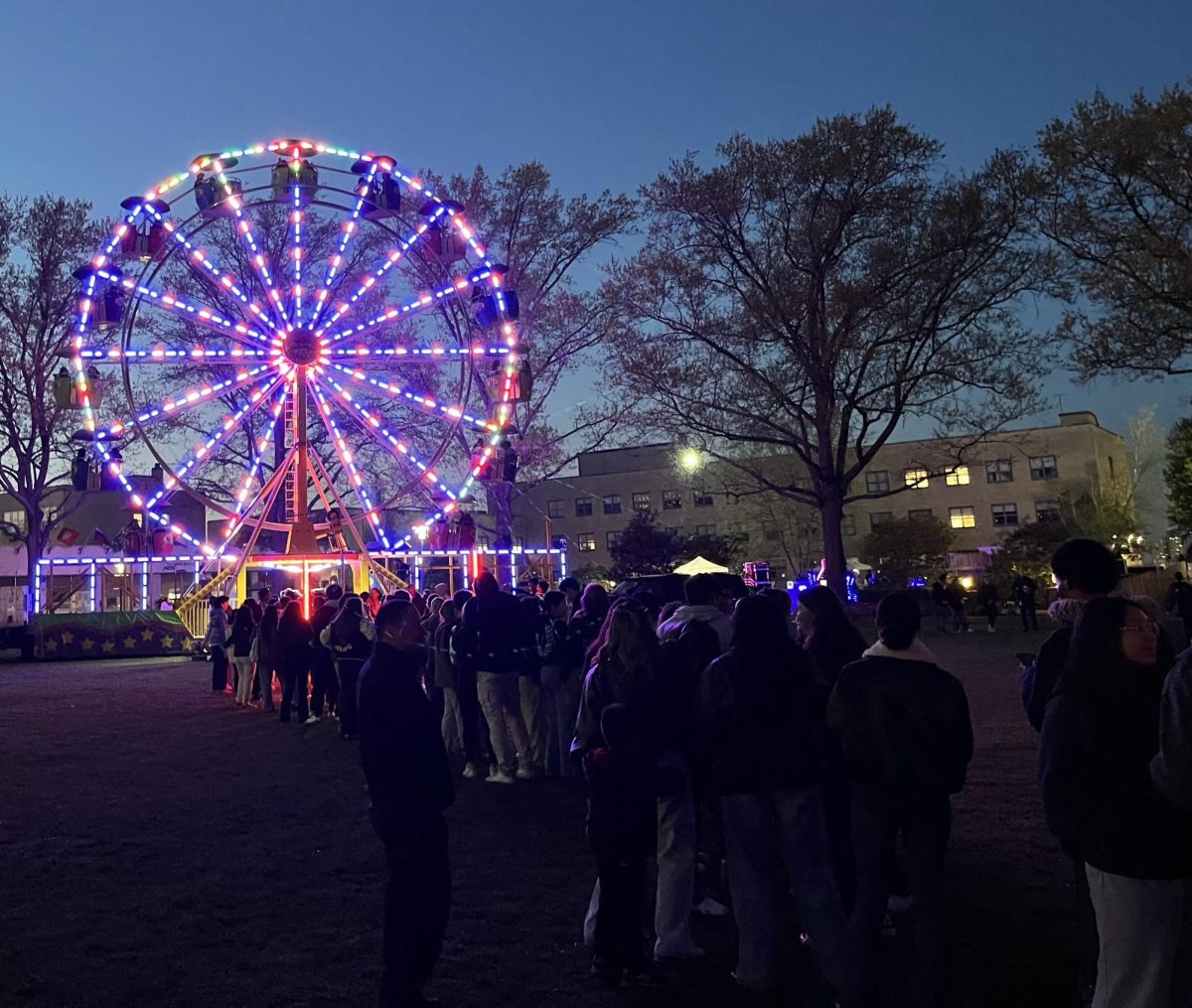
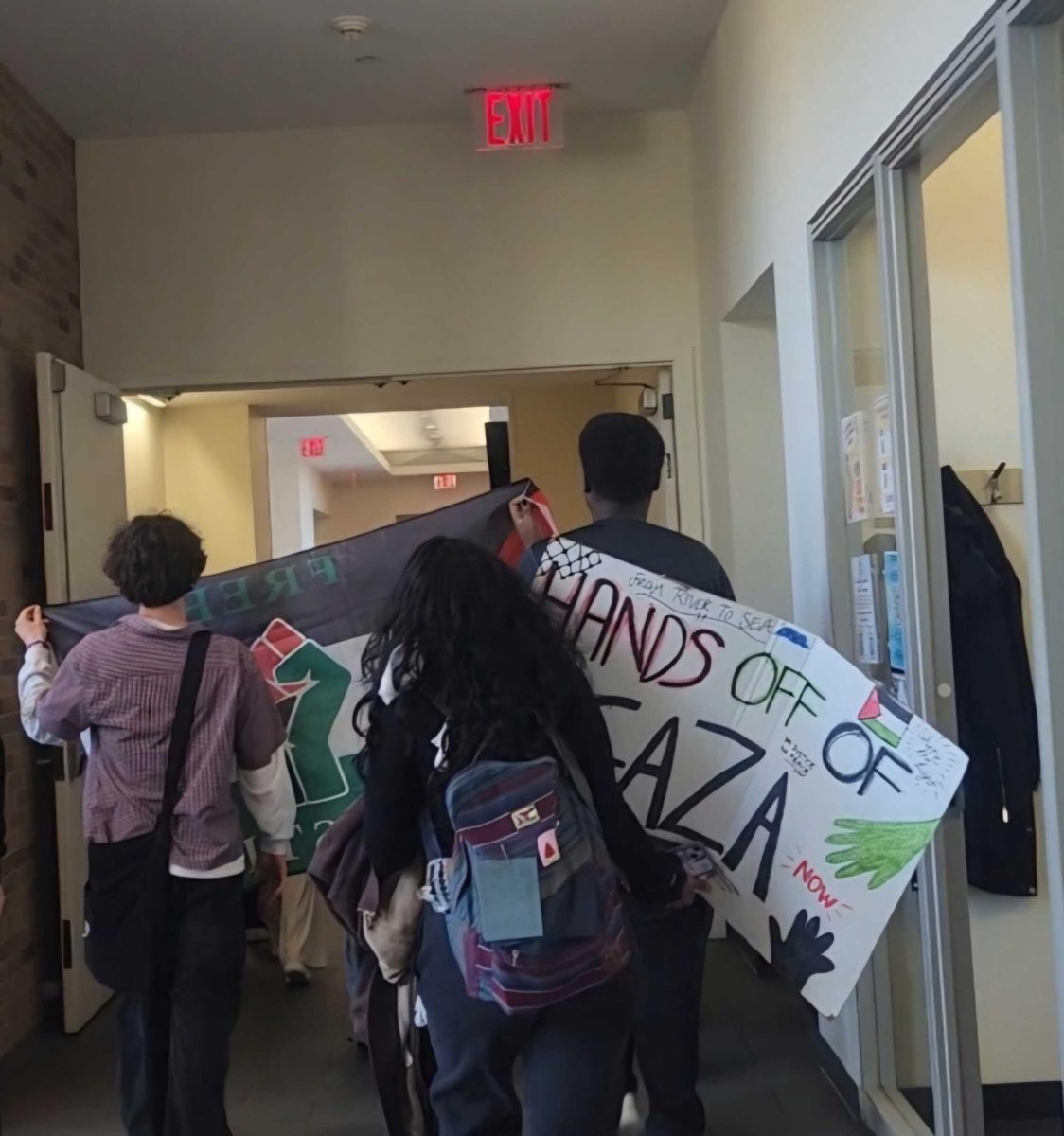
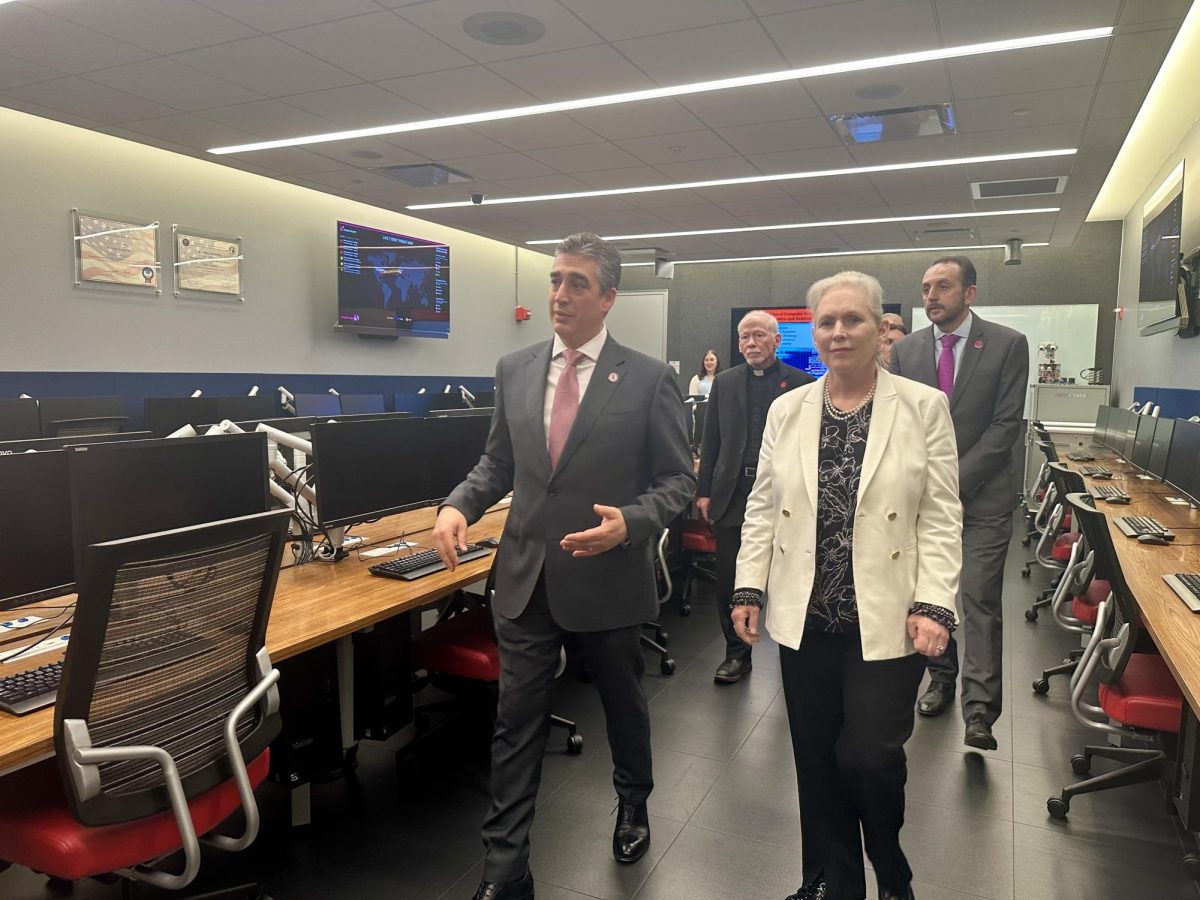
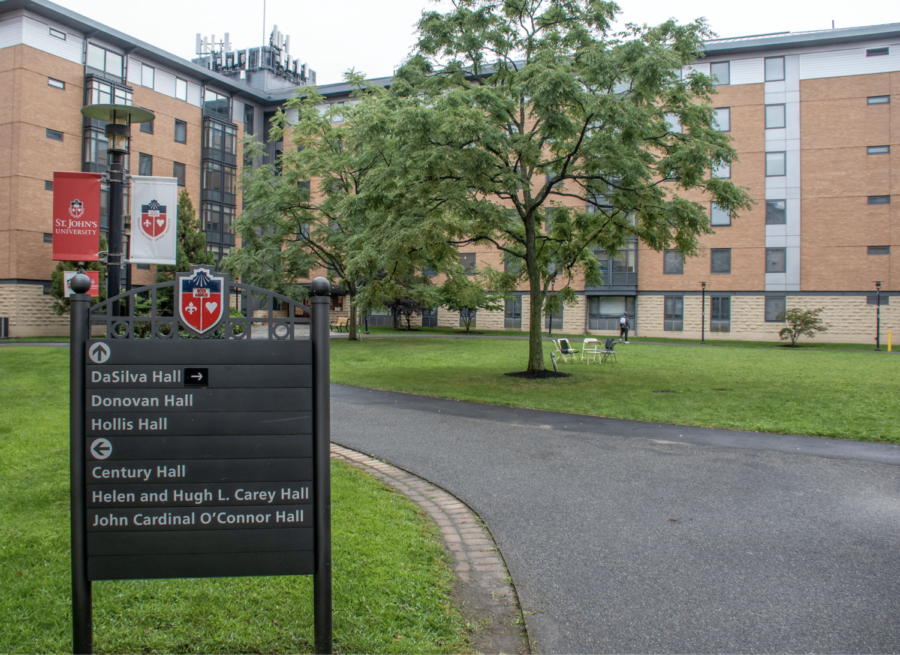
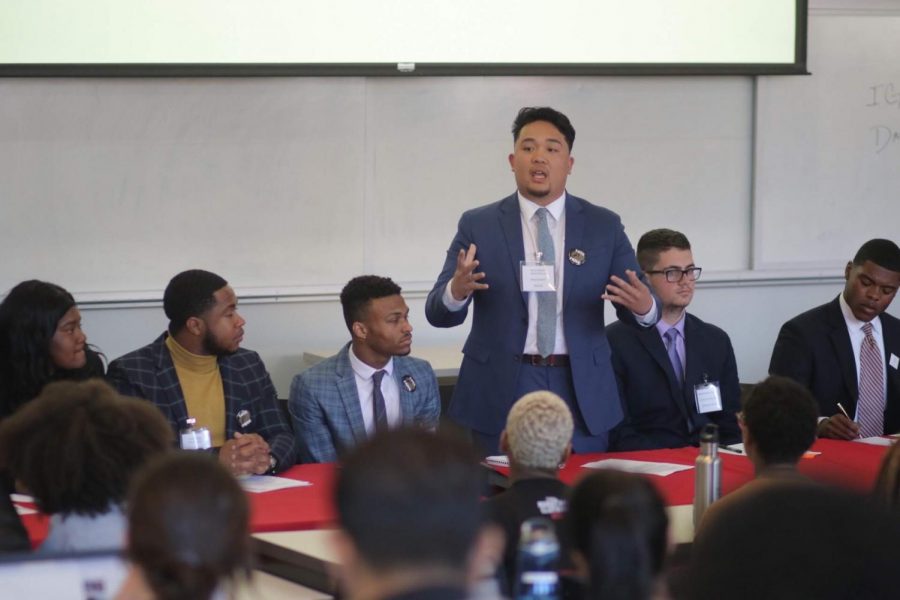

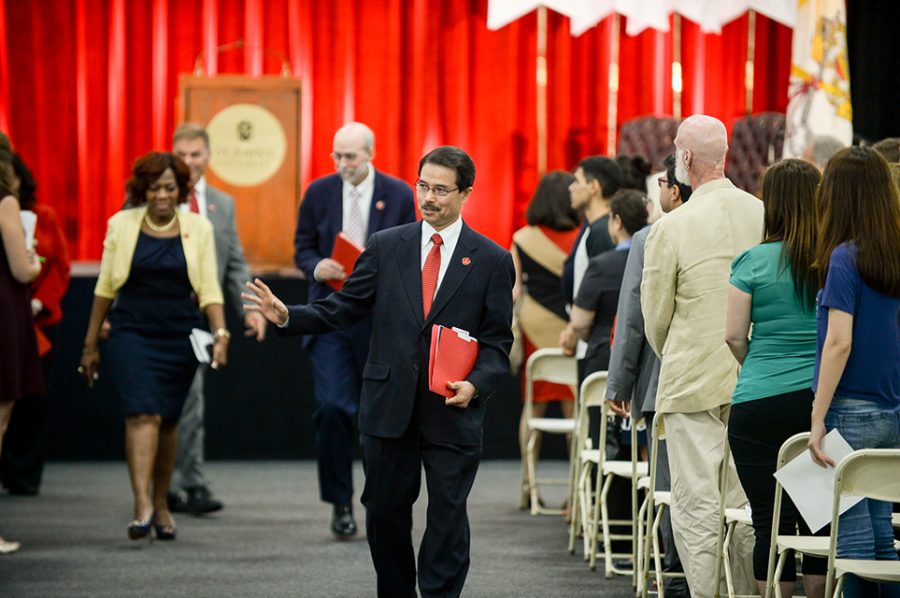
Lance Johnson • Feb 21, 2013 at 12:09 am
This was a great idea! Help must come from all avenues to aid those learning English. A new book/ebook available worldwide, “What Foreigners Need To Know About America From A To Z: How to understand crazy American culture, people, government, business, language and more,” helps foreigners benefit from a better understanding, including our language. Endorsed by ambassadors, educators, and editors, it even has chapters on English grammar and speech that identify the key problems common to foreigners (and Americans!) and how they can polish their communication skills.
Why is English such a monster to learn? Here’s an excerpt from the book: “As you may know, English grammar rules are full of generalities and the generalities are full of exceptions. Even the exceptions have exceptions. This is why English is one of the most difficult languages to master.” The book (and e-book) is filled with tips anyone can use to polish their speech and understand the key basics of English. Probably the number one problem foreigners have is slowing down when speaking English, followed by pronouncing consonants.
As the book points out, foreigners may think they know English but in many cases they have difficulty communicating to Western ears because of the common problems most have. For example, if Spanish speakers learned to pronounce the TH sound in English instead of like the DA sound, it would significantly reduce their accent. However, most struggle in their efforts and need guidance. Perhaps concerned citizens and books like this can extend a helping hand.
Here’s a closing quote from the book’s Intro: “With all of our cultural differences though, you’ll be surprised to learn how much our countries—and we as human beings—have in common on this little third rock from the sun. After all, the song played at our Disneyland parks around the world is ‘It’s A Small World After All.’ Peace.” Good luck to all learners.